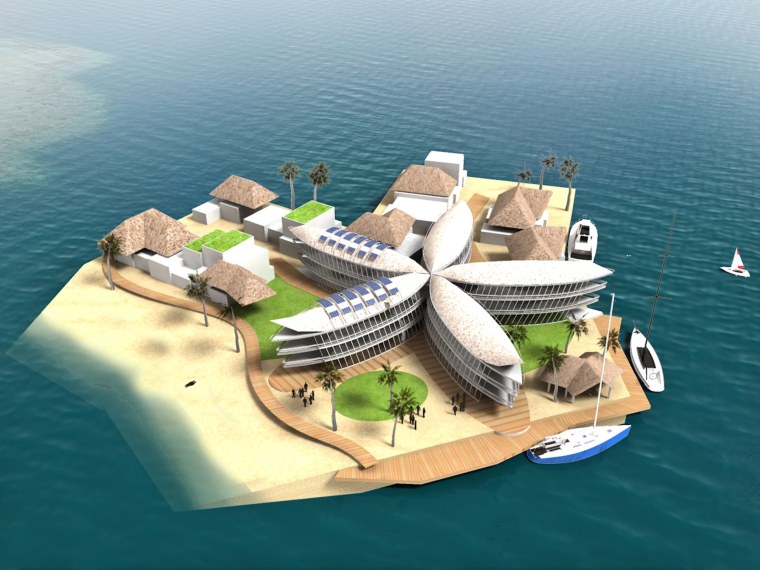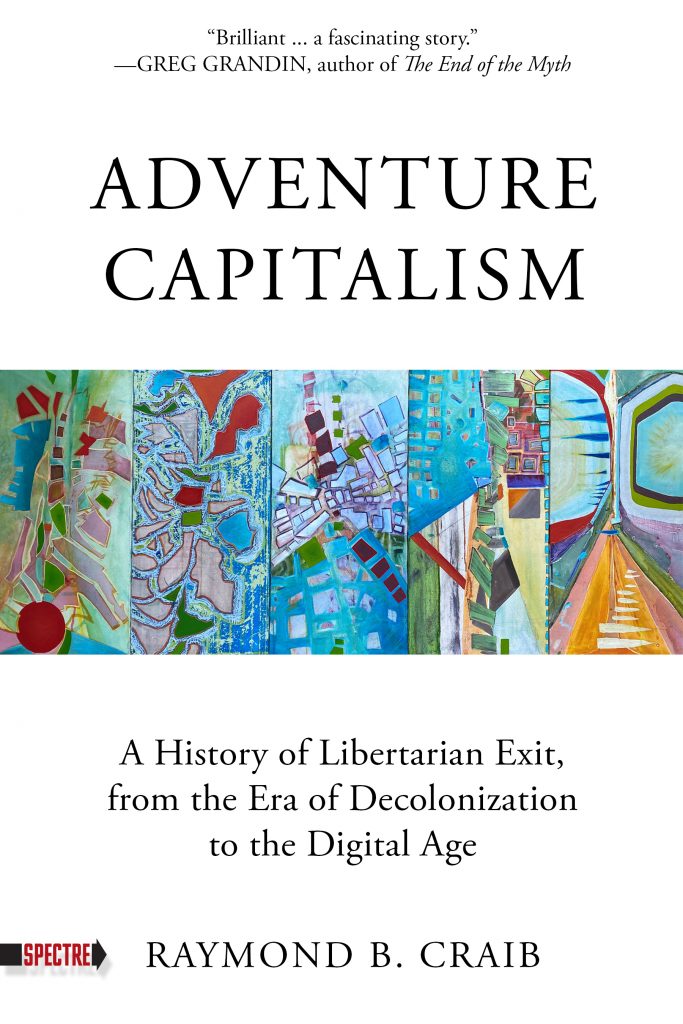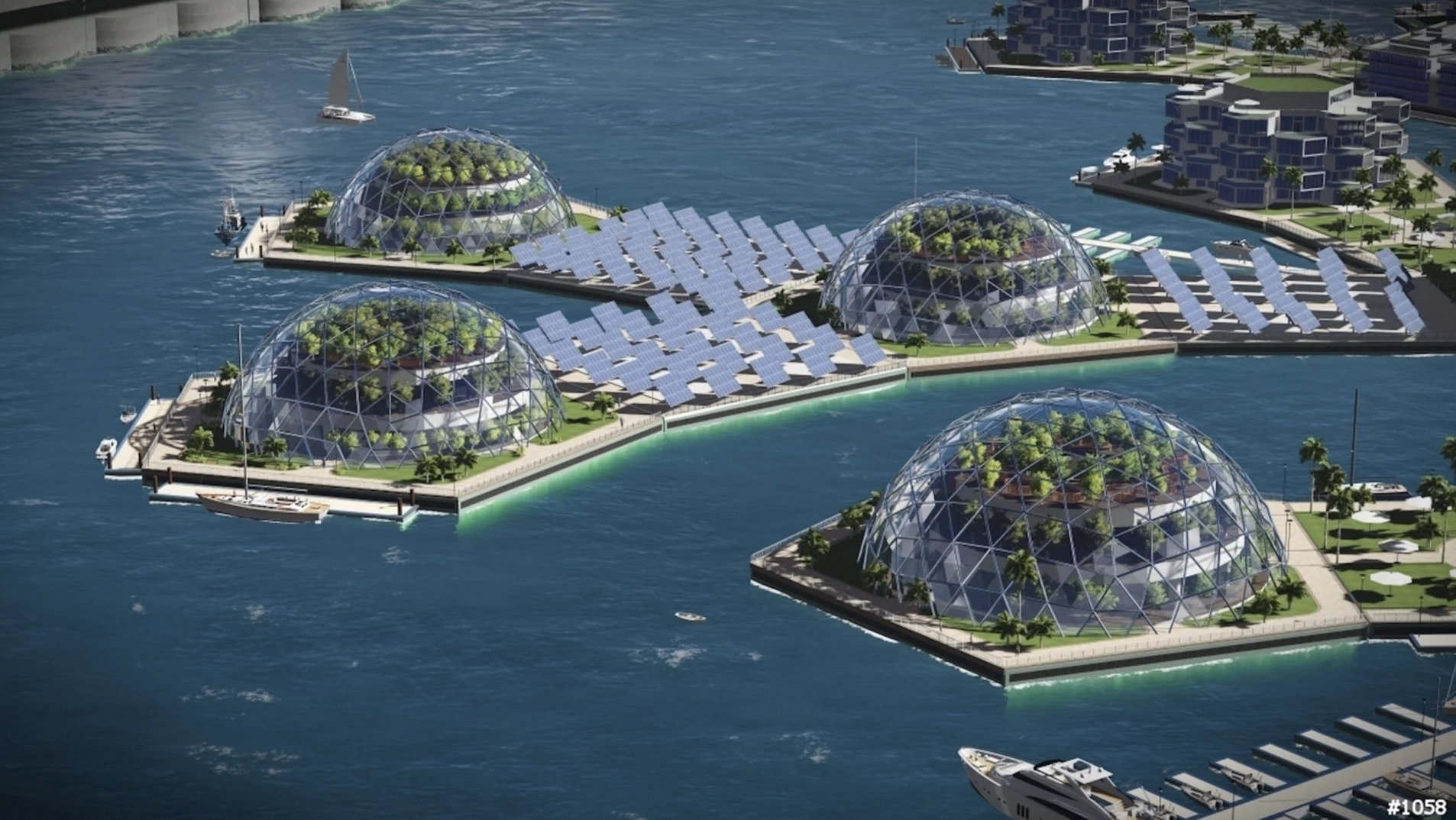The seasteading community has for years pushed the idea that living in independent, human-made communities on the ocean is the way to move society forward.
By David Ingram
NBC News
June 17th, 2020
The seasteading community has for years pushed the futuristic idea that living in independent, human-made communities on the ocean is the way to move society forward.
And what better time than a pandemic.
“The safest place to be in a pandemic is a seastead,” said Joe Quirk, president of the Seasteading Institute, an organization based in San Francisco that promotes the creation of new living spaces on the high seas or on far-flung islands.
Seasteaders have always been persistent, saying they will overcome big challenges in ocean engineering with time, creativity and an ethos fueled by Silicon Valley techie libertarianism. The idea began to gain steam a decade ago with help from an ex-Googler and money from Facebook board member Peter Thiel, and quickly became an extreme example of the tech industry’s interest in reimagining every corner of society.

And now, rather than retreating in response to the global coronavirus pandemic, proponents have been as zealous as ever in the past few months about the drive to start new communities and, eventually, independent nations in remote corners of the ocean.
Advocates have delayed some plans because of travel restrictions, but through social media posts, an online conference and interviews, they said they were confident in their odds of surviving a pandemic at sea rather than land with more traditional access to food and medical care.
“If we lived under water in isolation or in our small groups, and we’re down there for extended periods of time, we wouldn’t have to worry about the coronavirus,” Adam Jewell, co-host of the Colonize the Ocean podcast, said on a recent episode. (Some seasteaders advocate building not on top of the ocean but underneath the water.)
In the Reddit group r/seasteading, people have discussed how they would respond in the event a pandemic came to their sea home, with one suggesting that sick residents could simply “detach and float away to a safe distance.”
In Singapore, one advocate said the pandemic had underscored the need for less crowded housing for migrant workers in the Southeast Asian city-state, and that floating communities near shore were the answer.
“Land use must be reviewed regularly for a compact country like ours. COVID-19 has put the spotlight on an area that needs urgent rethinking,” Lim Soon Heng, founding president of the Society of Floating Solutions, wrote in an opinion piece in the Straits Times, a news outlet.







